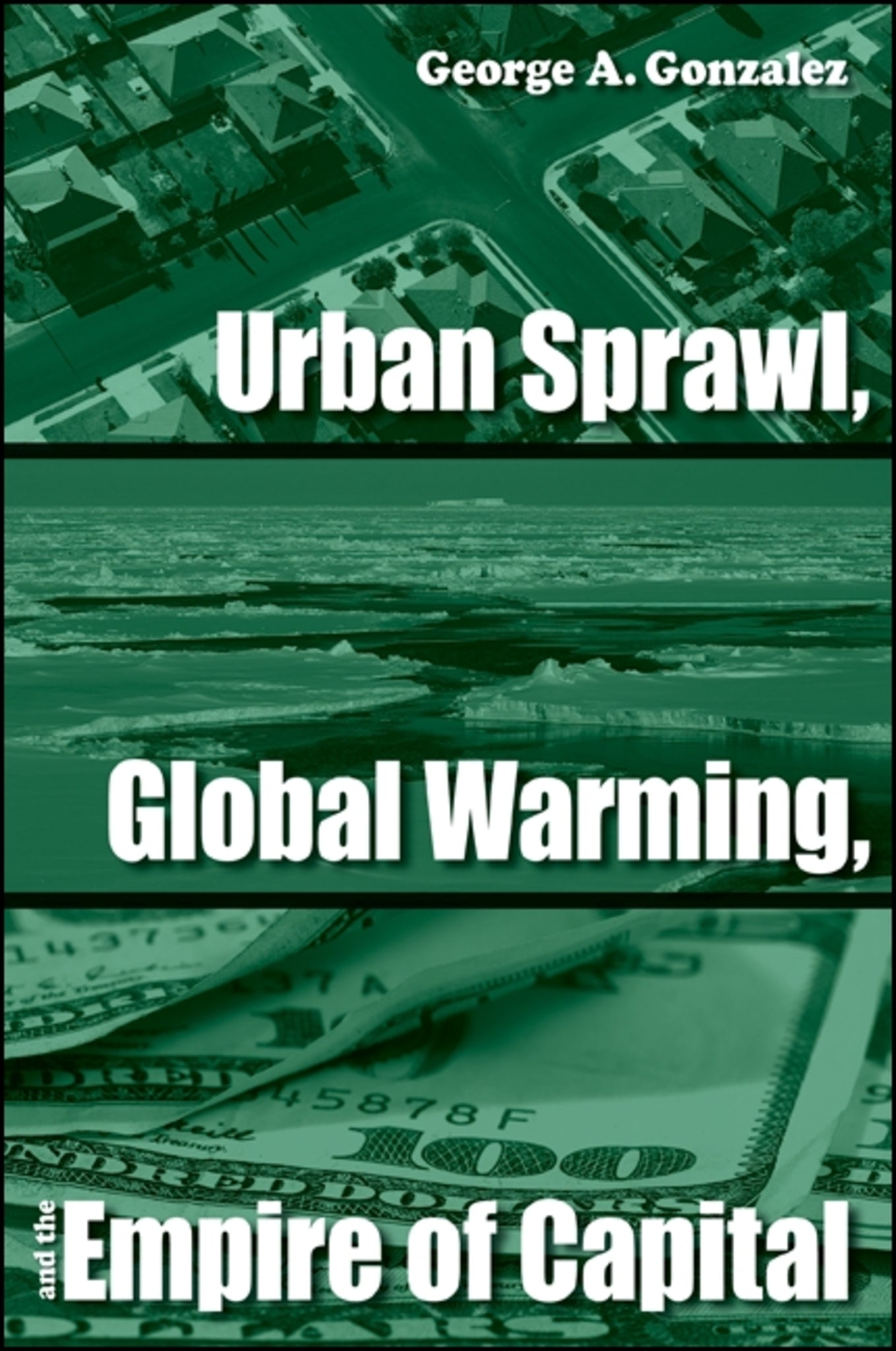We're sorry. An error has occurred
Please cancel or retry.
Urban Sprawl, Global Warming, and the Empire of Capital

Some error occured while loading the Quick View. Please close the Quick View and try reloading the page.
Couldn't load pickup availability
- Format:
-
05 March 2009

Argues that the United States refuses to address global warming because of the reliance of the American economy on urban sprawl.
This far-reaching and penetrating study sheds new light on the role of the United States in global warming. Shortly after the Second World War, urban development in the United States became an important spur for the global economy, creating demand for products such as automobiles, furniture, and appliances. Growing urban sprawl in recent decades is also a key factor behind the massive energy consumption and carbon dioxide emissions of the American economy. Although today the United States is the largest per capita emitter of carbon dioxide, the nation's culpability in global warming is frequently sidestepped due to the enormous political and economic influence of corporations and wealthy individuals who continue to benefit from America's access to abundant supplies of fossil fuels. Troubling and insightful, Urban Sprawl, Global Warming, and the Empire of Capital reveals both the alarming global consequences of urban sprawl at home and the entrenched political and economic forces working against a solution to the problem.


"…an interesting critique of the role that business elites played in the suburbanization and urban sprawl that have helped lead to global warming." — Business History Review
"…an important piece of scholarship that adds depth and dimension to understanding the politics of U.S. climate policy." — Political Science Quarterly
"…[a] highly insightful volume … At the heart of Gonzalez's book is a revealing historical analysis … in which he lays out the techniques by which urban sprawl was promoted across the country, and the implications of this for US oil policy." — Environmental Politics
"Gonzalez offers both an excellent research project and an excellent analysis of theorists who have written on how public policy is created and who creates it." — CHOICE
Acknowledgments
1. Urban Sprawl and the Empire of Capital
2. Political Economy and the Imperatives of the State
3. Real Estate Interests and the Techniques of Urban Sprawl
4. The Federal Government and the National Establishment of Urban Sprawl
5. U.S. Oil Policy and Urban Sprawl
6. Democratic Ethics, Environmental Groups, and Symbolic Inclusion: The Case of Global Warming
Conclusion: Political Power and the Future of the Planet
Notes
References
Index



